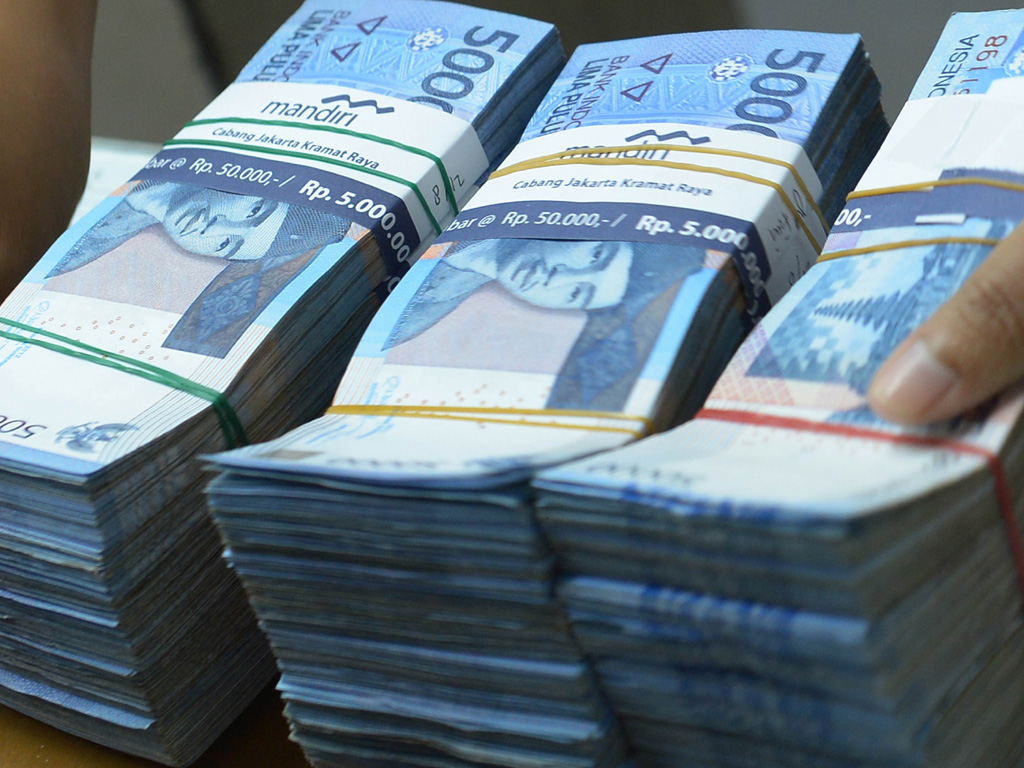Indonesian rupiah, stocks battered in emerging market rout

JAKARTA: Indonesia's rupiah currency dropped Wednesday to its lowest level since the 1998 Asian Financial Crisis and the benchmark stock index tumbled nearly four percent as fears about emerging market economies batter regional bourses.
The rupiah slumped to 14,933 against the US dollar, a two-decade low, as Indonesia unveiled a slate of measures aimed at shoring up the embattled unit.
Jakarta's Composite Index dropped 4.3 percent in afternoon trading -- threatening to suffer its biggest one-day drop since 2013 -- before regaining some ground to finish 3.76 percent lower.
Markets across Asia tumbled Wednesday on growing concerns about economic crises in emerging markets including Turkey, Argentina and South Africa, adding to the uncertainty stoked by US president Donald Trump's trade rows with China and Canada.
Observers fear the problems could spread to other emerging market countries and possibly spill over into major economies.
"A chain reaction from Argentina and Turkey is coming to us," Norico Gaman, head of research at Indonesia-based PT BNI Sekuritas, told Bloomberg News.
The rupiah and other emerging market currencies had already been under pressure as rising US interest rates prompted investors to snap up dollar-denominated assets in search of better returns.
Indonesia's currency has not been this weak since it was embroiled in a region-wide financial crisis that sparked economic ruin and street protests that led to the downfall of late dictator Suharto in 1998.
On Tuesday, Indonesia's Energy and Mineral Resources Minister Ignasius Jonan said that energy projects representing nearly half of President Joko Widodo's signature 35,000 gigawatt electricity programme will either be postponed or restructured.
The move could save some $8-10 billion in import costs, he added.
The delayed power projects -- reportedly worth some $25 billion -- are heavily reliant on imported components which become more expensive when Indonesia's currency is weak.
The move is part of a broader bid to cut imports, including some consumer goods, to tackle a growing deficit in the current account, a broad measure of Indonesia's trade with the rest of the world.
Jakarta has also announced plans to clamp down on currency speculators and ordered mining firms to repatriate their export earnings to beef up the country's dollar supply.
The central bank has hiked interest rates several times this year to prop up the rupiah, which has lost about 10 percent since January.

















Comments
Comments are closed.